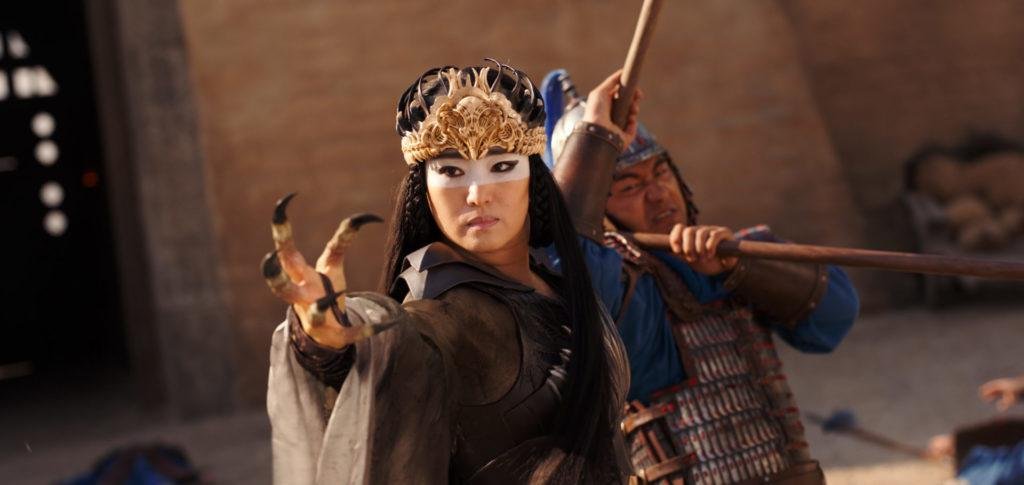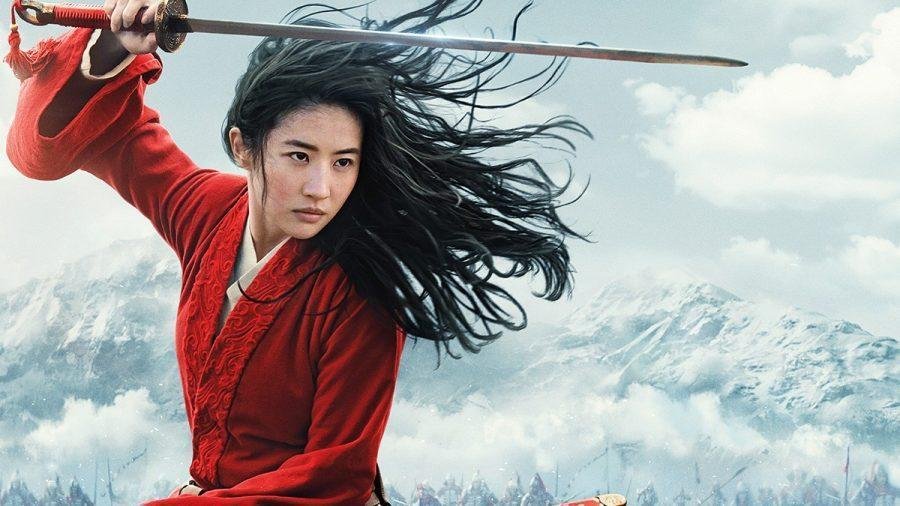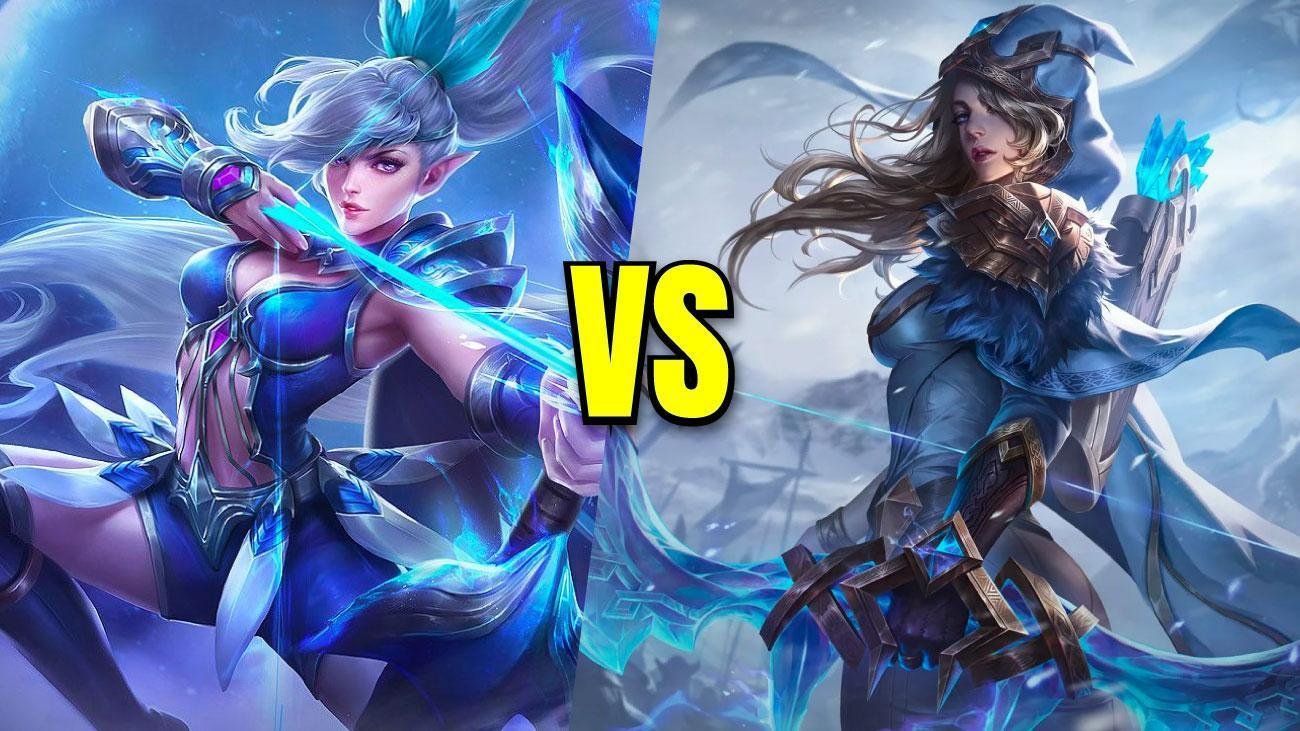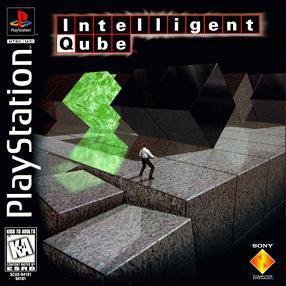Like most people, I was cautiously optimistic about Mulan when it was first announced. While I have personally felt that most, if not all, of Disney’s live-action remakes are basically cash grabs that fail to live up to the original, Mulan had the unique opportunity to stand above the rest, as it is one of the few Disney classics that are based on historical events. That position made it the prime story to tell in a live-action setting, where the medium can enhance the storytelling by depicting the grounded, realistic tale of a legendary character.
Sadly, that was not the case. Mulan sparked outrage from the minute fans found out the original’s iconic musical scenes would be cut from the remake, as well as over its controversial casting and location choices. All that aside, there’s so many other missteps made in this version of Mulan that it has just made me appreciate the original even more.
Oh, that character had a name?
The characters in this movie are just bland and uninspired. I don’t even remember any of the characters’ names while writing this review. To be fair, the animated version had the same issue, but this movie is longer than the original and should have dedicated some of that time to building its characters.
Most of the characters end the film the same way they started, barely growing at all along the way. Mulan starts off as a somersaulting badass, grows to be a somersaulting badass restricted by societal norms, and ends as a somersaulting badass approved by the king. What changes is people’s perspective of her. One might argue that it is a valid form of storytelling, but almost all of the conflicts are resolved as quickly as they appear, and she barely had to do anything herself.
Mulan’s new love interest, Honghui, barely changes at all throughout the film. In fact, I didn’t even know the character had a name until the third act, when his name was called out.
:no_upscale()/cdn.vox-cdn.com/uploads/chorus_asset/file/21880974/Screen_Shot_2020_09_14_at_5.25.53_PM.png)
There’s also a phoenix that follows Mulan around, which seems to signify…. something, and I cannot for the life of me tell you what. The phoenix appears to guide her to the military camp in the first act, and from there it just casually follows Mulan throughout her journey like a protector that does nothing. The phoenix genuinely angers me as it provides nothing for the narrative, but still got as much screentime as some of the side characters in this movie.
The only character that sees any significant change is that of the witch, who appears to be on the villains’ side for the majority of the movie. At the end of the film, she has a change of heart and sacrifices her life to save Mulan. However, the scene lacks the emotional payoff it was aiming for, as the witch’s motivations feel unbelievable and awkward at best.

Chi? Can eat wan ah?
Mulan (2020) introduces the concept of “Chi” to the storyline. In Chinese culture, 气 (qi, pronounced ‘chi’) is a source of vital force or energy flow within the human body. While some may disagree, I personally did not mind the filmmakers incorporating traditional Chinese beliefs into the movie, much like how the original mentions ancestor worship and lucky crickets.
However, I have an issue with the way they used Chi as a crutch to justify Mulan’s ability to excel in the military force. It is not Mulan’s willpower or exceptional dedication to her family that give her an edge, but rather it’s her Chi, which she doesn’t even struggle to master.
Introducing Chi to the storyline also creates a bit of a plot hole in the film. In the beginning, Mulan is forbidden from showing her abilities due to her gender, as Chi can only be used by men. Later on however, she berates herself for using Chi in front of the army and allowing her peers to know her true potential. Since Mulan was pretending to be male to join the army, she should have felt free to use her Chi abilities there.

Verdict: Dishonor on you, and dishonor on your cow!
Mulan genuinely had potential to be the only Disney film that warranted a live-action adaptation, as the original story is very much grounded in reality. All that is gone to waste because of poor writing, poor story progression, and an overall lack of care for the subject matter. The core essence of the story, which is how a woman can compete with or even be better than their male counterpart in a patriarchal society, is lost in this version of Mulan.

As the original ballad of Mulan never mentions exactly how she managed to become a highly distinguished soldier, this gives adaptations plenty of room for interpretation. For example, the animated Mulan interprets her as someone who is highly motivated and who uses her intellect to change the tide of battle. The live-action Mulan, however, simply decided to make Mulan blessed with Chi from birth. Instead of empowering audiences, it tells people they have to be born special to achieve greatness.
Mulan is just an overall disappointment. Despite having a longer runtime than the animated version, it’s also more forgettable. The best praise one can give this movie is probably for its amazing landscapes and establishing shots, and that’s not the only praise you want for a movie unless it’s a nature documentary.












